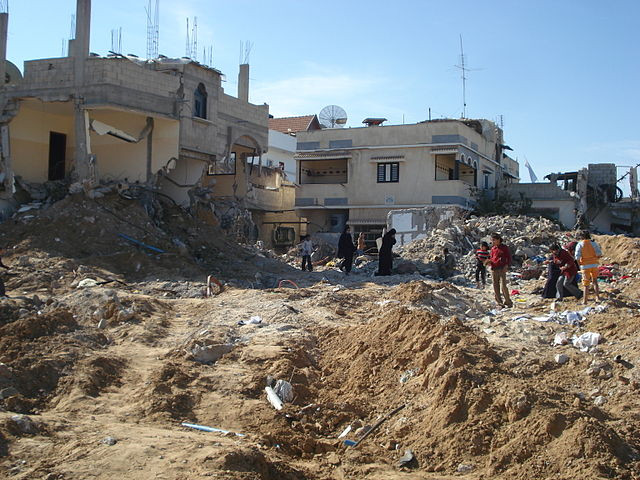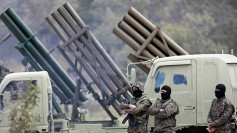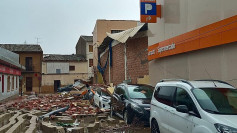Famine has already taken hold in parts of Gaza, according to Samantha Power, the top US humanitarian official, as the war between Israel and Hamas continues to ravage the coastal strip. Power's assessment, made during a congressional hearing on Wednesday, marks the first public confirmation by a US official that famine is already occurring in the besieged territory, fueling further calls for the Biden administration to place restrictions on its military aid to Israel.
The Foreign Assistance Act bars assistance to any country that "prohibits or otherwise restricts, directly or indirectly, the transport or delivery of United States humanitarian assistance." Top Biden administration officials, including President Joe Biden himself, have told Israeli officials that they must take immediate action to address the dire humanitarian situation in Gaza or risk changes in US policy.
"Israel has made important commitments to significantly increase the supply of humanitarian assistance throughout Gaza and has taken some initial actions as well to move on those commitments," Secretary of State Antony Blinken said Tuesday. "But what matters is results, and sustained results, and this is what we will be looking at very carefully in the days ahead."
Power's confirmation of the famine comes amid reports from aid workers that the promised surge in aid into Gaza, which Israeli Prime Minister Benjamin Netanyahu pledged to President Biden a week ago, has so far failed to materialize. The increase in the number of trucks crossing into Gaza claimed by Israel conflicts with UN records and appears to be faltering.
"There is a lot less than meets the eye so far," said Jeremy Konyndyk, a former senior official in the Biden administration and current president of the Refugees International aid advocacy organization. "Very little has actually changed."
Israel's pledges to open the Ashdod port north of Gaza as a portal for sea-borne humanitarian aid and to establish a new crossing point into northern Gaza, where starvation is most severe, have yet to yield tangible results. Construction on a new crossing began only on Wednesday, six days after the Biden-Netanyahu call, with no clear timeline for completion.
Aid officials say the amount of food getting into Gaza falls far short of what is needed to fend off the impending famine, particularly in the north. The independent Integrated Food Security Phase Classification (IPC) assessment in mid-March found that two of the three benchmarks for famine - the number of households facing extreme lack of food and the number of children suffering from acute malnutrition - had already been reached or exceeded.
Power noted that while more data was needed on the third criterion, the number of adult deaths due to starvation or the combination of disease and starvation, USAID expected it to be reached imminently. "In northern Gaza, the rate of malnutrition, prior to October 7, was almost zero. And it is now one in three, one in three kids," she said.
Israel claims that the daily passage of trucks entering Gaza has doubled since the Biden-Netanyahu call on April 4, to about 400. However, the UN relief agency, Unrwa, reported that after a brief peak of 246 on Tuesday, the number of trucks crossing into Gaza had fallen to 141 by Wednesday.
US officials say that one of the main bottlenecks preventing the distribution of food is the lack of trucks and drivers operating inside Gaza. Truck owners, mostly Egyptian hauliers, are reluctant to let their vehicles be used inside Gaza for fear of them being bombed or ransacked by starving Gazans. There is also a shortage of willing drivers after repeated incidents of aid trucks coming under fire, with the World Central Kitchen (WCK) bombing on April 1, which killed seven aid workers, being the worst but far from an isolated incident.
Aid workers argue that the planned coordination center between aid agency officials and Israeli operational commanders may not be sufficient to address this fundamental obstacle to delivering food, as long as much of Gaza remains a free fire zone.
"What needs to be fixed is guaranteeing and enabling aid operations a safe presence in all the parts of Gaza that needed it, starting with the north," Konyndyk said. "And that has not changed one iota."






